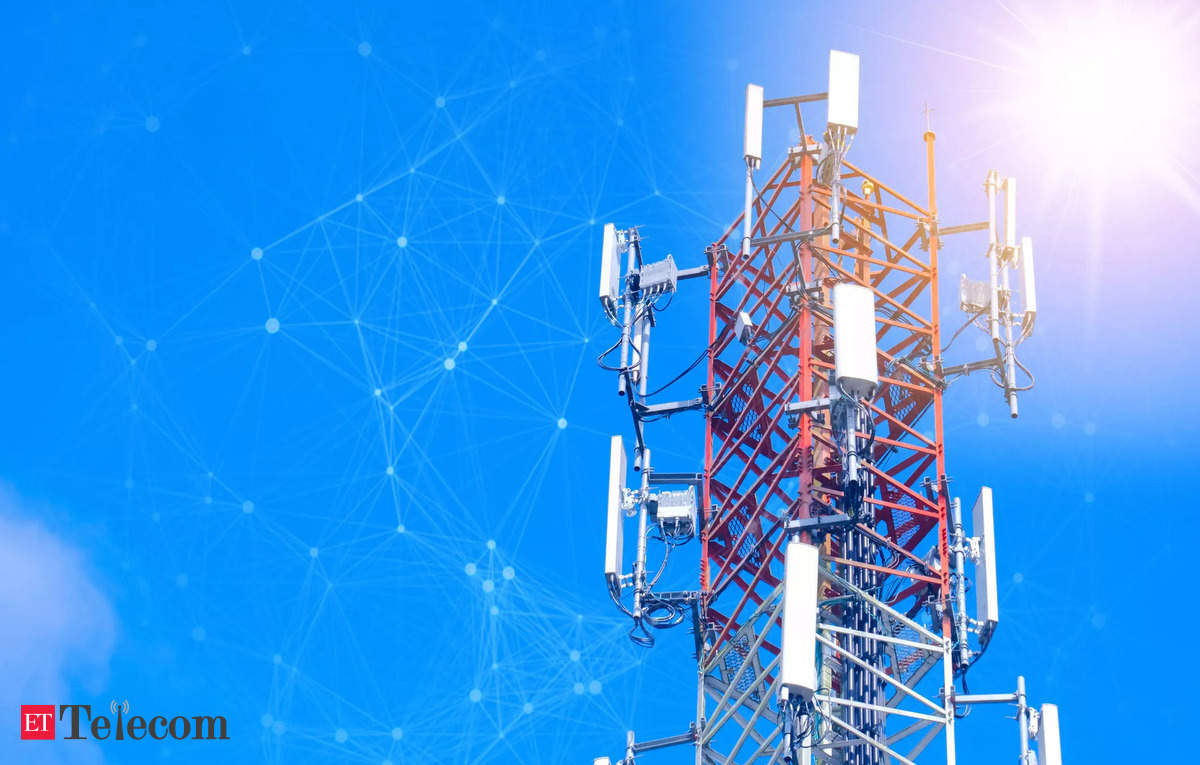
Telecommunication companies in Syria
Syria’s telecommunication sector plays a crucial role in the country’s connectivity and communication infrastructure. Over the years, despite challenges posed by economic sanctions and conflict, the sector has persisted, with both government and private players providing services.
Key Telecommunication Companies in Syria
1. Syriatel Mobile Telecom
Syriatel is one of the leading telecom providers in Syria, holding a significant share of the mobile market. Established in 2000, the company operates under a build-operate-transfer (BOT) contract with the Syrian government. Syriatel offers a range of services, including prepaid and postpaid mobile plans, internet services, and value-added services like mobile banking. It is known for its extensive network coverage across urban and rural areas, making it a reliable choice for customers.
2. MTN Syria
MTN Syria, a subsidiary of the South Africa-based MTN Group, entered the Syrian market in 2001. It provides similar services to Syriatel, including mobile communication, internet packages, and enterprise solutions. However, due to the ongoing conflict and sanctions, MTN Group decided to exit the Syrian market in 2021, leaving the company’s assets and operations under local management. MTN was recognized for introducing competitive packages and promotions to attract users.
3. Syrian Telecommunications Company (STC)
The Syrian Telecommunications Company is the state-owned provider of fixed-line telephony, broadband, and other telecommunication services. It manages the country’s landline infrastructure and internet backbone. STC plays a pivotal role in the development and maintenance of Syria’s communication infrastructure, especially during times of crisis.
4. New Players and ISPs
In addition to Syriatel and MTN, Syria’s telecommunication market includes several internet service providers (ISPs) that offer broadband and satellite internet solutions. Providers such as Aya ISP and SCS-Net have been instrumental in delivering internet services to homes and businesses. With limited infrastructure, these ISPs often rely on satellite connections to serve remote and underserved areas.
Challenges in Syria’s Telecommunication Sector
The telecommunication industry in Syria faces numerous challenges:
Conflict and Infrastructure Damage: Years of conflict have severely damaged the country’s telecommunication infrastructure, leading to disrupted services in some regions. Rebuilding efforts are ongoing, but progress is slow due to limited resources.
Economic Sanctions: International sanctions have restricted the import of advanced technology and equipment, limiting the modernization of the telecommunication network.
Rising Costs: Due to inflation and limited foreign currency reserves, operating costs have increased, impacting service affordability for consumers.
Digital Divide: Rural areas often lack adequate coverage and high-speed internet, creating a digital divide between urban and remote regions.
Opportunities and Future Outlook
Despite the challenges, there are opportunities for growth in Syria’s telecommunication sector:
Expansion of Mobile Internet: With the global shift toward mobile connectivity, there is a significant opportunity to expand 4G and potentially 5G services in Syria.
Partnerships and Investments: Collaborations with international and regional partners could help rebuild infrastructure and introduce advanced technologies.
Focus on Digital Services: Increasing demand for digital banking, e-commerce, and online education creates a need for improved internet services.
In conclusion, Syria’s telecommunication sector continues to adapt and evolve amidst adversity. With strategic investments and modernization efforts, it has the potential to bridge the connectivity gap and support the country’s long-term economic recovery.




Leave a Reply